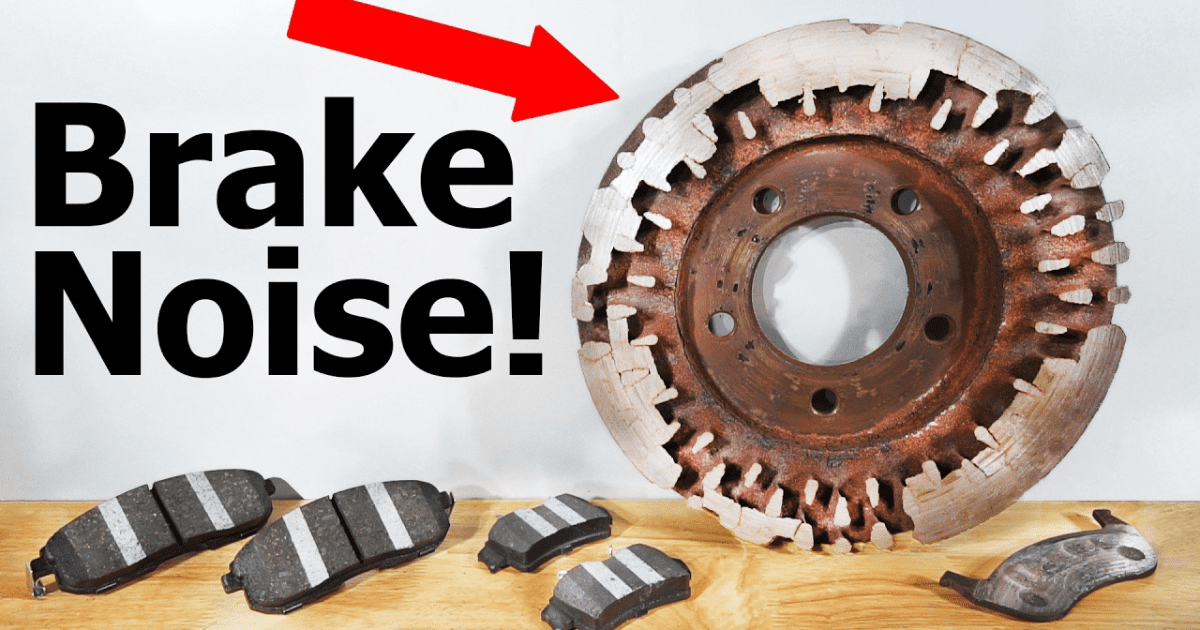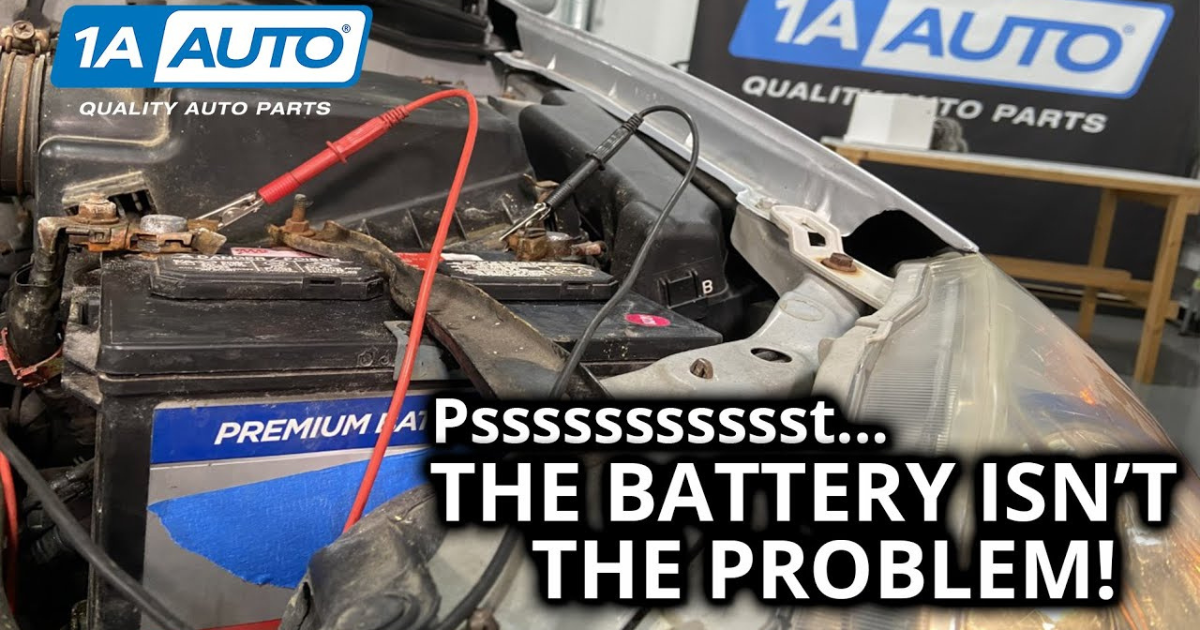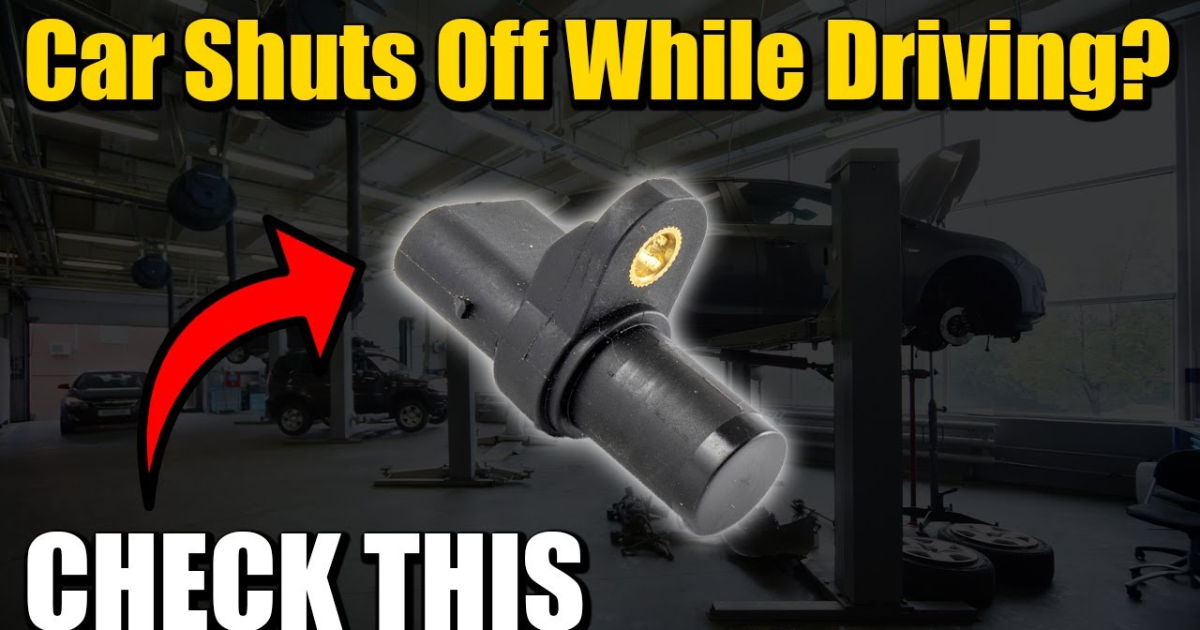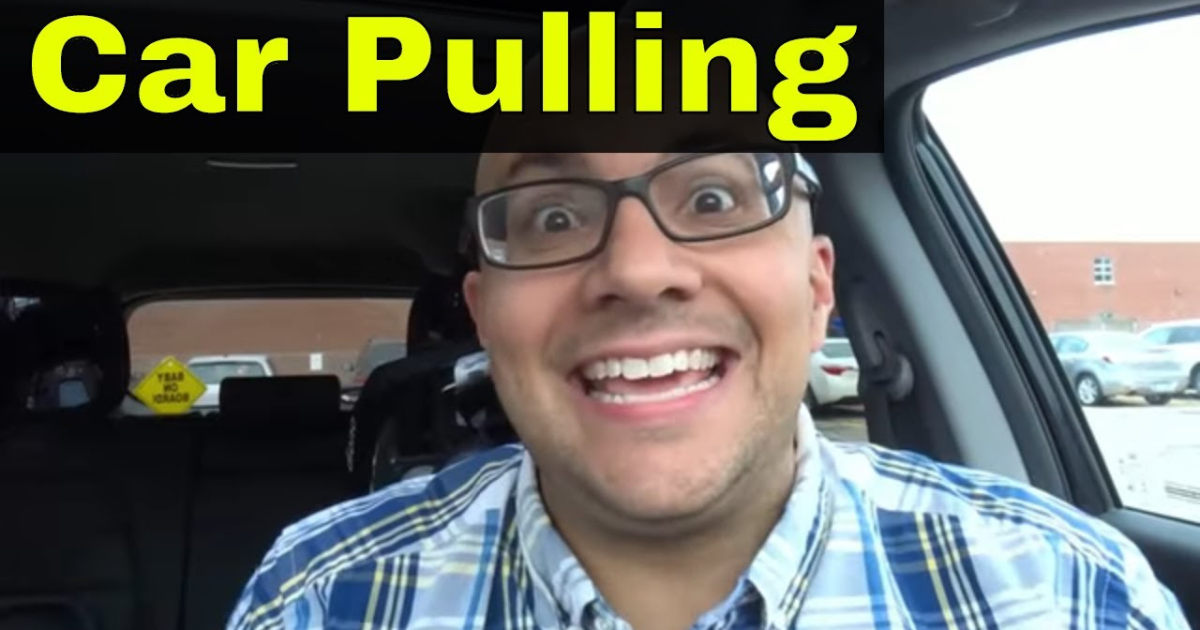Squeaky brakes can be an annoying and potentially dangerous problem for car owners. The high-pitched noise that emanates from the brakes when you apply pressure to the pedal can indicate a variety of issues, from worn-out brake pads to damaged rotors. In this article, we will explore the common causes of squeaky brakes and provide solutions to help you get your car back to running smoothly and quietly.
Common Causes of Squeaky Brakes:
- Worn-Out Brake Pads
The most common reason for squeaky brakes is worn-out brake pads. Brake pads are made of a friction material that wears down over time, and when they become too thin, they can produce a squeaking noise when you apply the brakes. - Poor Brake Pad Installation
Sometimes, the problem is not with the brake pads themselves, but with how they were installed. If the brake pads are not properly aligned or if they are not seated properly in the brake caliper, they can produce a squeaking noise. - Damaged Brake Rotors
The brake rotors are the metal discs that the brake pads clamp down on to stop the car. If the rotors become damaged or warped, they can cause the brake pads to vibrate and produce a squeaking noise. - Worn-Out Brake Hardware
The brake hardware, including the caliper pins and brackets, can also wear out over time. When this happens, the brake pads may not be able to move freely, causing them to squeak when you apply the brakes. - Lack of Lubrication
Finally, a lack of lubrication on the brake components can cause them to squeak. The brake pads and rotors need to be properly lubricated to reduce friction and prevent noise.
Solutions to Squeaky Brakes:
- Inspect and Replace Worn-Out Brake Pads
The first step in fixing squeaky brakes is to inspect the brake pads and replace them if they are worn out. If the pads are still in good condition, you may need to have them resurfaced to remove any glazing that could be causing the noise. - Proper Brake Pad Installation
If the brake pads are not seated properly in the caliper, they can produce a squeaking noise. Make sure that the brake pads are properly aligned and seated before you reinstall the caliper. - Resurface or Replace Damaged Brake Rotors
If the brake rotors are damaged or warped, you may need to have them resurfaced or replaced. Resurfacing involves grinding down the rotors to remove any imperfections, while replacing involves installing new rotors. - Replace Worn-Out Brake Hardware
If the brake hardware is worn out, you may need to replace it. This includes the caliper pins, brackets, and any other hardware that is used to secure the brake pads to the caliper. - Lubricate Brake Components
Finally, make sure that all of the brake components are properly lubricated. Use a high-temperature brake lubricant to reduce friction and prevent noise.




